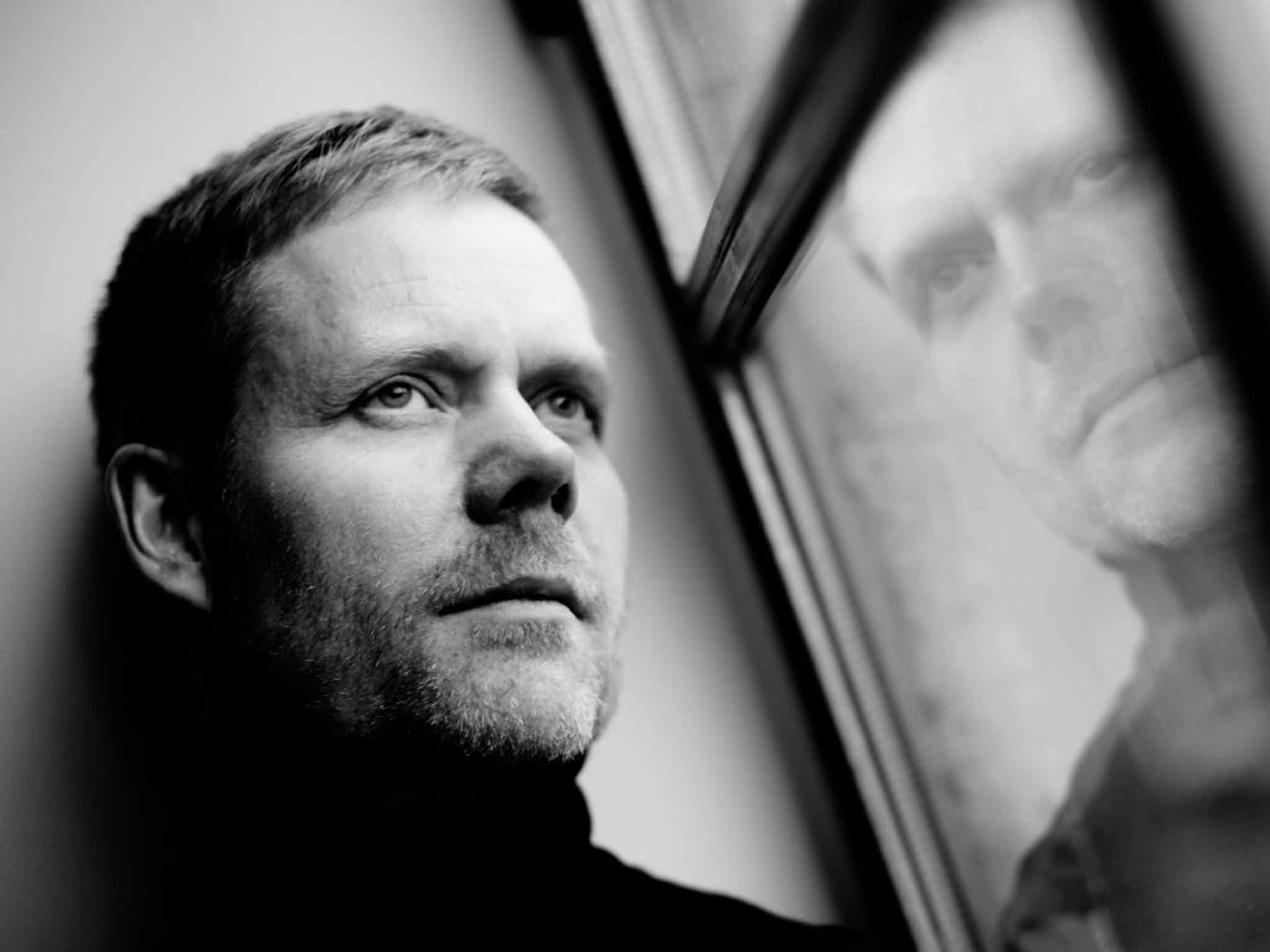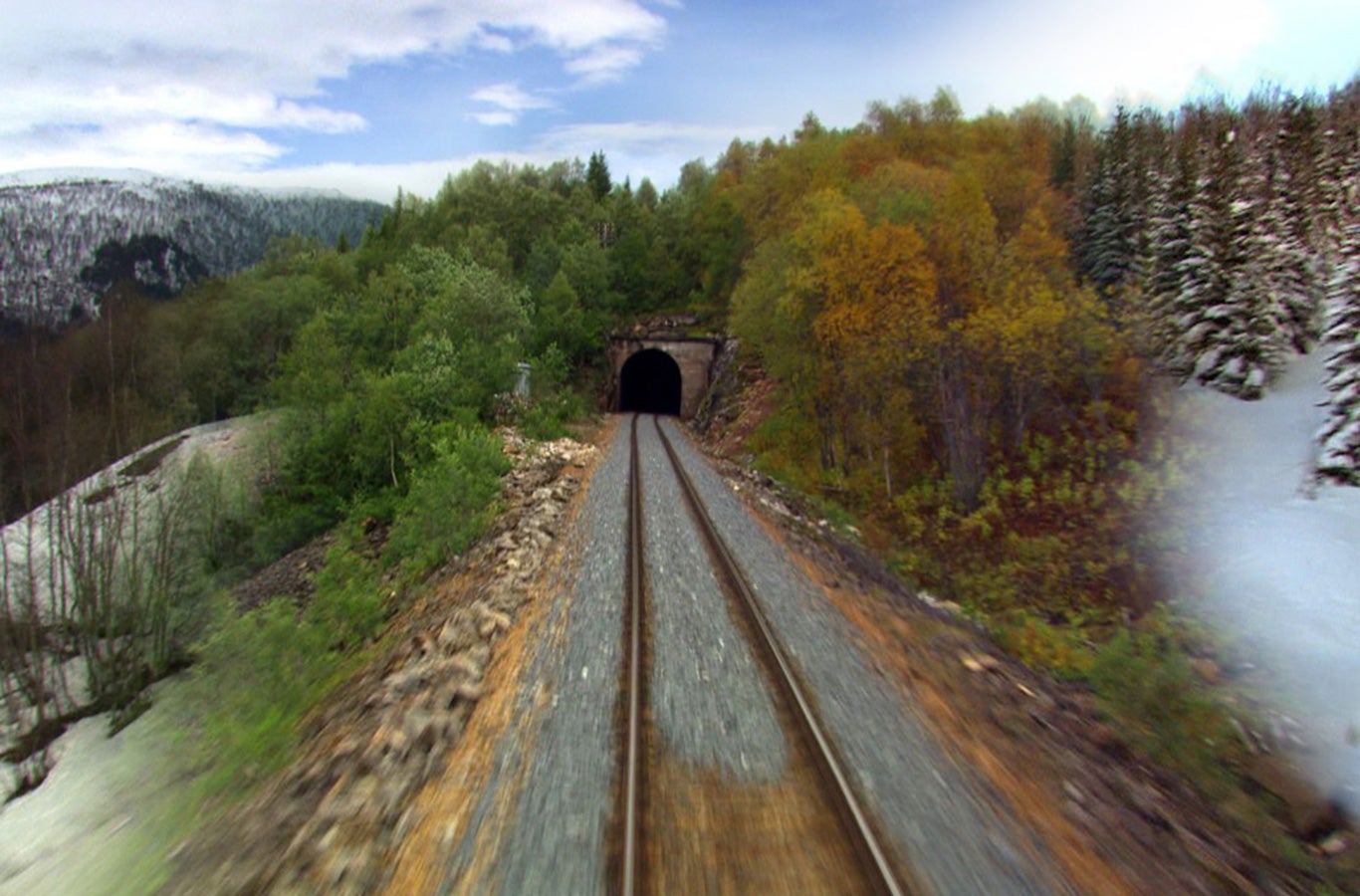BBC Radio 3 boss promises 'slow radio' and fewer Southern voices
Move follows surprise ratings success of BBC4 Goes Slow season earlier this year

Your support helps us to tell the story
From reproductive rights to climate change to Big Tech, The Independent is on the ground when the story is developing. Whether it's investigating the financials of Elon Musk's pro-Trump PAC or producing our latest documentary, 'The A Word', which shines a light on the American women fighting for reproductive rights, we know how important it is to parse out the facts from the messaging.
At such a critical moment in US history, we need reporters on the ground. Your donation allows us to keep sending journalists to speak to both sides of the story.
The Independent is trusted by Americans across the entire political spectrum. And unlike many other quality news outlets, we choose not to lock Americans out of our reporting and analysis with paywalls. We believe quality journalism should be available to everyone, paid for by those who can afford it.
Your support makes all the difference.We’ve been thrilled by “slow TV” and its leisurely canal journeys. Now “slow radio” is coming to Radio 3 after its controller announced a new contemplative direction for the BBC’s flagship classical station.
A Scandinavian experiment which delivered a surprise ratings hit for BBC4, “slow television” has spawned a sister wireless movement.
Alan Davey, Radio 3 Controller, said the station would build on the success of Sleep, an eight-hour “lullaby for the mind”, which last week was performed live into the early hours by contemporary composer Max Richter.
“Slow radio is about giving music and drama the time that they take,” said Mr Davey. “It’s really important that we broadcast complete works and complete concerts. If you ever have an insomniac night, listen to Through The Night (which broadcasts classical music across Europe) on Radio 3. It’s slow radio at its best.”
Mr Davey is prepared to rip up the schedules for more ruminative programming. “It doesn’t matter how long a full-length drama is, it doesn’t have to be 45 minutes or 90 minutes, it takes as long as it takes. We’ll give music time to breathe and audiences the space to take it all in.”
Mr Davey added: “It won’t quite be as anarchic as The Third Programme (Radio 3’s predecessor) which had hardly any fixed points on the schedule.”

The “Slow TV” movement began in Norway six years ago when public broadcaster NRK broadcasted an uninterrupted seven-hour feed of a train journey. BBC4 is following the positive response to its Goes Slow season, which featured a canal trip and glassblowing, with new initiatives including a hot-air balloon ride.
Radio 3 will also broaden the range of voices heard on air. “People say we are too south-east sounding,” said Mr Davey. “You can argue with that but we do want voices from around the country. It sounds attractive when you get it right.” The Controller said the “distinctive Yorkshire accent” of Barnsley-born Sarah Walker, presenter of Essential Classics, was a favourite with listeners.
Radio 3 should be seen as a “modern-day version of the old Third Programme, a cultural channel with classical music at its core,” Mr Davey said. However budget cuts have forced Radio 3 to reduce the number of original drama commissions from 31 to 25 this year. There was no threat to the BBC’s eight orchestras and choral groups, the Controller insisted.
Mr Davey said his station could collaborate with commercial rival Classic FM on educational projects: “I’m happy to get into bed with Classical FM... for the good of classical music as a whole.”
Radio 3 hopes to discover the Jake Bugg of the classical world with the launch of BBC Introducing Classical, a talent scheme designed to give unsigned artists a platform. Performers and composers can upload their tracks to the BBC platform and the best talent, chosen by presenters and producers, will be given prime-time exposure on Radio 3. Created to uncover new popular music talent, BBC Introducing catapulted the Nottingham songwriter Jake Bugg to widespread fame.
Radio 3 will attempt to replicate the live concert hall experience by experimenting with running surtitles and contextual articles during operas, which listeners can access on mobile devices.
Mr Davey said Radio 3 would not “dumb down” its output and dilute its more challenging fare to improve its listening figures. But the station wants to encourage a younger audience to sample Radio 3 and will launch a landmark series introducing and explaining classical music for new listeners.
Audiophiles will be offered a world premiere of Stockhausen’s electroacoustic Hymnen broadcast in in 4.0 surround sound and a new digital initiative will allow listeners to create a playlist of works broadcast on the station which they can download and keep for 30 days via the iPlayer Radio app.
Alan Bennett will be a guest on Private Passions and the Hollywood actor Alec Baldwin will share his musical favourites on Essential Classics.
“We are more than a radio station,” said Davey, who took over the station in January. “We are a whole universe of high quality culture.”
Join our commenting forum
Join thought-provoking conversations, follow other Independent readers and see their replies
Comments